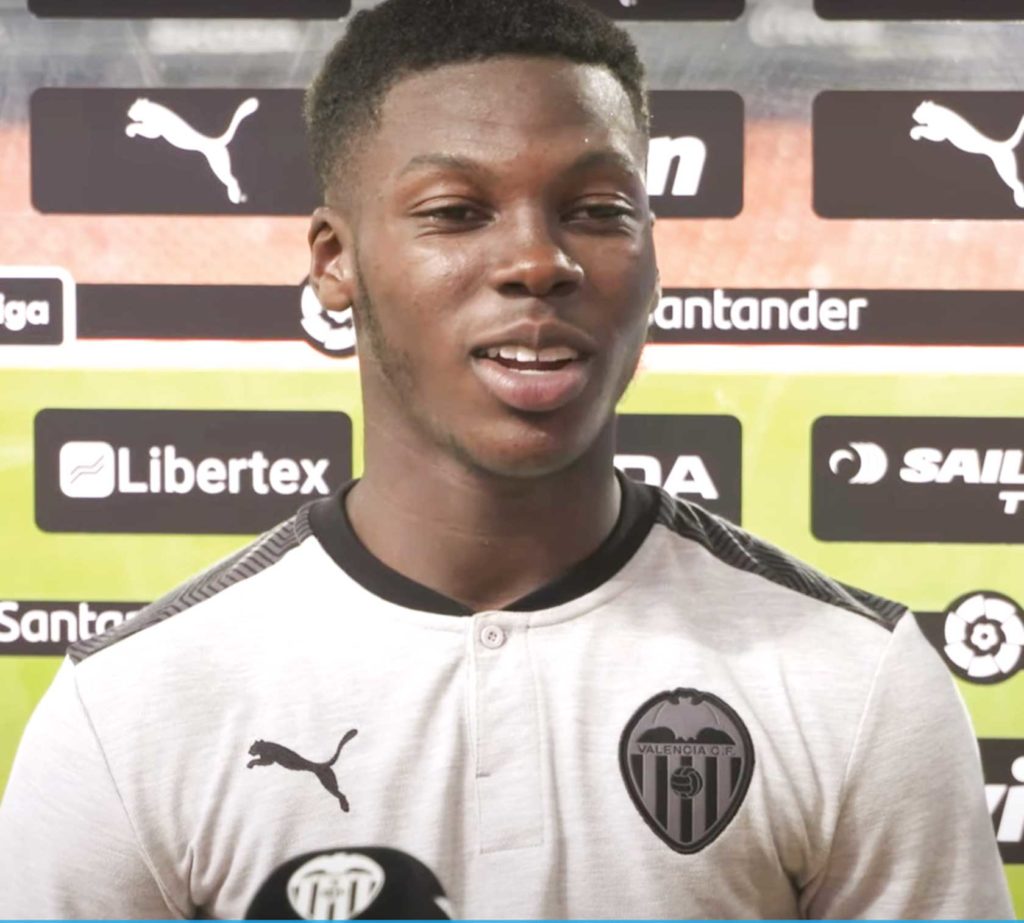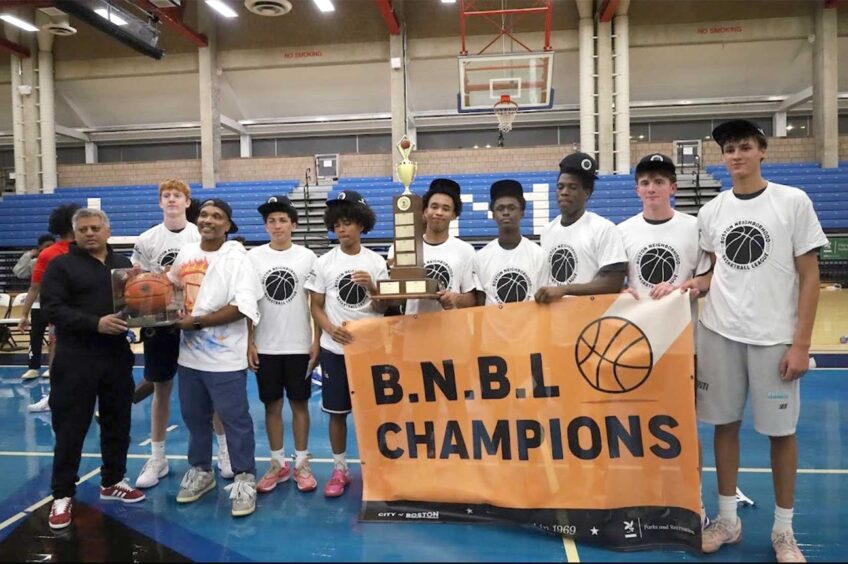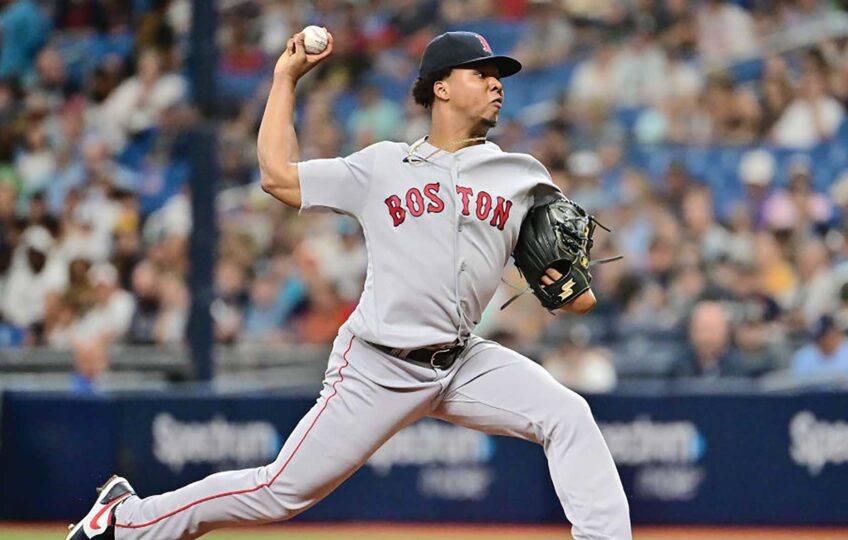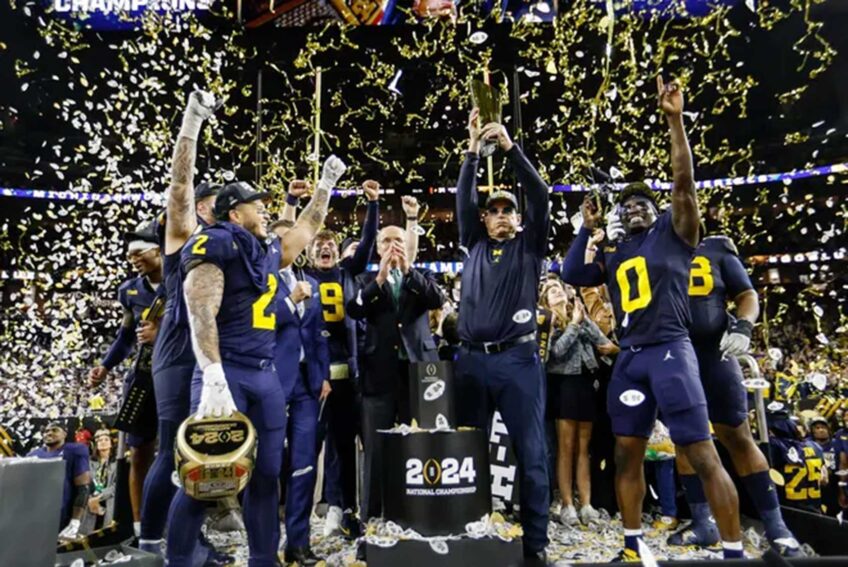U.S. soccer thrives with international players
African, European-born players stand out in America’s line-up

South American-born soccer players Tab Ramos, Claudio Reyna, Marcelo Balboa and Fernando Clavijo played key roles for the United States in the 1990s and early 2000s World Cups.
A wave of German-born players — Thomas Dooley, Jermaine Jones, Fabian Johnson, John Brooks — progeny of American military fathers and German moms, also opted to play for Uncle Sam.
Finding these players enhanced the team at a time when Major League Soccer didn’t exist or was still very young, critically boosting the USA’s men’s player pool with quality players.
Fast forward to Qatar 2022 and the United States is now reaping the benefits of two players, Yunus Musah and Tim Weah, with direct bloodlines to Africa — Cameron and Liberia — who are making a sensational contribution.
Musah, who turned 20 on Nov. 29, could have represented several countries, including his parents’ birth country of Ghana, Italy (where his family emigrated) and England, where he joined Arsenal’s academy at age 9. Luckily, he chose to play for the United States, where he was born in 2002 in New York City while his mother was on vacation, even though he has rarely lived here.
The talented midfielder, who currently earns his keep at Spanish LaLiga team Valencia, could have a long career with the USA and play in at least two more tournaments.
Weah was raised on Long Island and is the son of the current president of Liberia, George Weah, who also was considered one of Africa’s greatest-ever soccer players and was crowned FIFA’s World Player of the Year in 1995.
Kalekeni Banda, a career collegiate coach leading the UMass Women in the 1970s before leading the Amherst men’s team as well as nationally-ranked Wisconsin, said he’s witnessed a vast transformation in the number of Black players at all levels around the world.
“Where there are immigrants all over the world, you are going to see a lot of African players playing out there,” Banda, a native of Malawi who lives near Albany, said. “The U.S. is wise enough to discover that going around the world and finding the military families where the children were of mixed blood or what have you, this is good for soccer.”
Also, for these players, choosing the United States over other countries might provide wider exposure.
“For them to be marketable they need to be in this kind of environment,” said Banda. “They are going to have more marketability and make more money than if they chose the other countries where there is just as much competition. This is still fresh. It’s new and they can make a good living. I think they see that the shoe companies now, the clothing companies now, will promote these guys. In England or France they might not be the top players.”
While Banda envisions stardom for Musah, he appears to be trail-blazing his own path and is not being measured or encumbered by the exploits of a family name like Weah, internationally known in soccer and organic in Liberia.
President George Weah has been dedicated to his country in many ways. It was widely known during his playing days that he personally paid expenses for his Liberian teammates to fly to African Nations Cup matches when the federation didn’t or couldn’t pony up the money for travel, lodging and per diem.
So it was of little surprise when he entered politics in his country. He formed the Congress for Democratic Change and ran unsuccessfully for president in 2005. losing to Ellen Johnson Sirleaf, a better-educated and more politically-connected candidate, who earned a master’s degree in Public Administration in 1971 at Harvard University.
Criticized by opponents for not having the scholarly background befitting a national politician, Weah went back to school to obtain secondary schooling before making another presidential run, winning this time in 2017 and being sworn in months later in 2018.
In his playing career, which began professionally in Cameroon, where he was spotted by legendary Arsenal manager Frenchman Arsene Wenger, Weah is credited with scoring 194 club goals in 413 games. He also scored 18 more for Liberia in international matches, despite never playing in the World Cup but appearing in two African Cup of Nations tournaments.
Banda, the son of a diplomat, said that having parents like George Weah and his mom Clar Weah (a Jamaican native) has had to provide an enormous boost. But it can also be double-edged.
“It’s like Lebron James and his sons,” said Banda. “He’s got tough shoes to fill. But his father has probably given him good guidance when it comes to that. Like, ‘Hey, be yourself. Go out there and have fun and play the game you love.’ He could have played basketball. He grew up on Long Island. But he stuck with soccer. That’s probably tremendously encouraging from his father. It’s like “Hey, leave him alone. God blessed you. Choose your path and you’ll find your way.’”
Weah, who plays for French Ligue 1 team Lille, scored the USA’s first goal in the opening game against Wales in a 1-1 draw.
Banda predicts great things from the two young players. The USA as a whole has a promising short-term future as the second-youngest team in the tournament.
The majority of the starting team will be hitting their peak in four years when the USA co-hosts the next World Cup with Mexico and Canada. Players like Christian Pulisic, Antonee Robinson, captain Tyler Adams, Weston McKennie, Brenden Aaronson, Sergiño Dest, Gio Reyna, for example, could all be in their peak years.
While Musah might not rise to the top player in the bunch, Banda, who has run a foundation for two decades that brings soccer supplies to the Chituka Village in Malawi, thinks Musah is just scratching the surface of his great potential.
“Musah is a just a hard-nosed worker,” he said. “He does all the hard work with a certain degree of finesse and flair. You need those guys who can do that work, cleaning up stuff in the middle of the field, but at the same time he can also produce that magical pass. So definitely he’s got a future in this game. The national team will really give these guys a platform to succeed in this World Cup. Musah is a star. He’s a star, definitely.”
While players of African descent continue to enhance national teams across Europe — France in particular, Germany, Spain, England, even South American country Ecuador, where 80 percent of the starting team is Black — the African entrants into the World Cup since Ghana’s great performance in 2010 seem to have stagnated, if not regressed.
But Banda said it’s impossible not to see the imprint of African players at major clubs and even in obscure leagues.
“The global game has changed even in the colonial countries,” he said. “With Africa, there is respect now. They know they can play the game. All the club teams in the world are recruiting African players. The players playing for Ghana, Senegal, etc., these are all professional players.”
He added, “So the USA is wise to think that way. They are saying, ‘We have to investigate everybody.’ They realize that for them to have the best players, they have to go out and find them. The African players are great, and they come from good crop. Even in the Eastern bloc countries. Every time you see games on the weekend, whether it’s from Switzerland or wherever, you see some Black players.”






